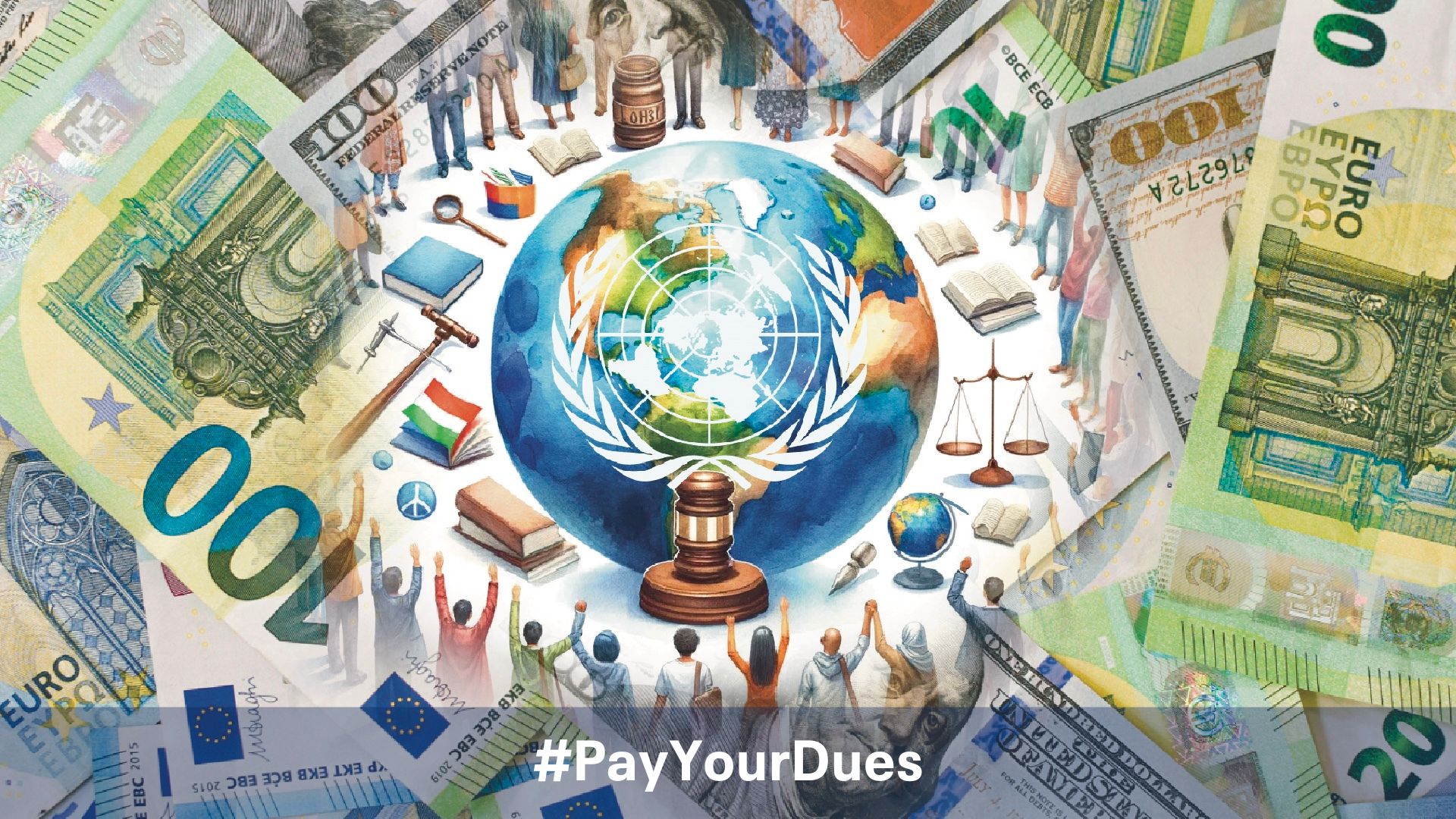During its last UPR in 2014, Angola accepted 192 recommendations. The government accepted 1 recommendation on human rights defenders and 15 recommendations on freedom of expression, freedom of association and the right to peaceful assembly. These recommendations called on the State to take the necessary measures for civil society, human rights defenders and journalists to carry out their activities, de facto and de jure, in a safe and enabling environment. However, since its last review, the government has continued to repress peaceful political dissent and has adopted several restrictive laws.
In Angola, defenders who exercise their freedom of peaceful assembly are still being arrested. The most recent example happened on 28 January and 1 February 2019 where sixty-two civilians, among them activists belonging to the Independence Movement of Cabinda, were arrested arbitrarily in the province for their involvement in peaceful protests.
During the pre-session, among other issues, the AJPD emphasized that river pollution and environmental degradation is a result of business activities including deforestation and mining. Businesses do not receive the free, prior and informed consent from the local population before engaging in activities affecting them. Indeed, no one is being consulted with regard to these activities. The AJPD recommended that State holds companies responsible for resource exploitation and negative environmental impacts of businesses.
ISHR submitted a briefing paper in collaboration with Associação Justiça, Paz e Democracia (AJPD), on the situation of human rights defenders in Angola. The submission is intended to assist States and other stakeholders in formulating questions and making recommendations to the Angolan government during the UPR.
Key recommendations that should be made to Angola at the UPR include:
- Establish a National Human Rights Institution that is compliant with the Paris Principles and fully mandated and resourced to monitor the situation of human rights in Angola and prevent violations and abuses;
- Adopt a national law for the promotion and protection of human rights defenders in line with the UN Declaration on human rights defenders and other relevant international and regional human rights norms;
- Respect and protect the rights to freedom of expression, freedom of association and to peaceful assembly in compliance with international standards, the National Constitution, the Law on the Right of Assembly and Protest of 11 May 1991 and the Law on Demonstrations;
- Abolish or amend all laws and policies which limit the activities carried out by civil society and human rights defenders, including the Social Communication Legislative Package and criminal libel laws used to coerce civil society into self-censorship;
Contact: Etong Kame Adélaïde, Africa Advocacy Consultant, [email protected]
Photo: Cedida à Angop




